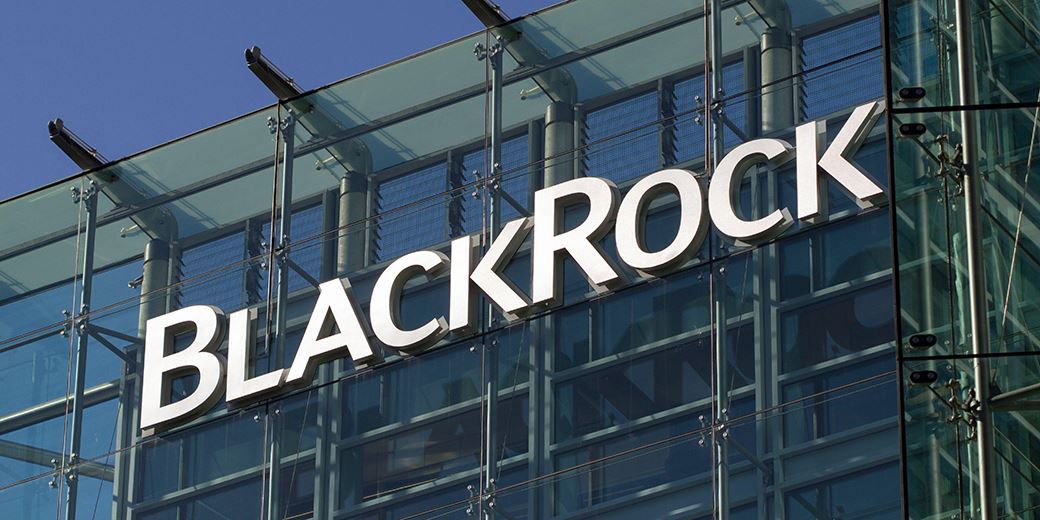BlackRock’s Bitcoin ETF Sees Largest Daily Withdrawal, Ending Month-Long Inflow Streak
31.05.2025 19:00 1 min. read Alexander Stefanov
After more than four weeks of uninterrupted investor enthusiasm, BlackRock’s iShares Bitcoin Trust has reported its steepest daily outflow since its inception, signaling a potential shift in sentiment.
Data from Farside reveals that on May 30, investors pulled $430.8 million from the fund, breaking a 31-day streak of consistent inflows. This marks the highest single-day outflow for IBIT since its January 2024 launch, slightly surpassing the previous record set in late February.
Despite the setback, the fund has already amassed a staggering $70 billion in Bitcoin holdings, underscoring the rapid institutional adoption since spot Bitcoin ETFs went live in the U.S.
The broader Bitcoin ETF market mirrored the decline, with a total of $616 million in net outflows across all issuers on the same day. This followed a $346 million pullback the previous day, marking the first two-day retreat in recent weeks.
Market observers have dismissed fears of a retail selloff. Some industry voices suggest the movements reflect capital rotation rather than panic, with long-term investors using the moment to reallocate assets.
Meanwhile, Bitcoin’s price hovered around $103,700 after a slight daily dip, despite more than $6 billion flowing into IBIT during May alone. Analysts note that even as inflows surged, price action remained subdued—prompting questions about where the next wave of volatility may come from.
-
1
Veteran Trader Peter Brandt Shares Simple Wealth Strategy with Bitcoin at Its Core
30.06.2025 15:00 2 min. read -
2
UniCredit to Launch Structured Product Tied to BlackRock’s Spot Bitcoin ETF
01.07.2025 17:53 1 min. read -
3
10,000 Dormant Bitcoin Moved After 14 Years: Volatility Ahead?
04.07.2025 20:00 2 min. read -
4
Second Largest Bank in Spain Rolls out in-app Bitcoin and Ethereum Trading
07.07.2025 15:30 2 min. read -
5
Saylor’s Strategy Halts Bitcoin Buying After Historic Accumulation
07.07.2025 17:00 2 min. read
UK to Sell Almost $7B in Seized Bitcoin as Treasury Eyes Crypto Boost
The United Kingdom’s Home Office is preparing to liquidate a massive cache of seized cryptocurrency—at least $7 billion worth of Bitcoin—according to a new report by The Telegraph.
Crypto’s Top Narratives in Focus, According to AI
A fresh breakdown from CoinMarketCap’s AI-powered narrative tracker reveals the four most influential crypto trends currently shaping the market: BTCFi & DePIN, U.S. regulatory breakthroughs, AI agent economies, and real-world asset (RWA) tokenization.
Strategy’s $71B in Bitcoin Now Ranks Among Top 10 S&P 500 Treasuries
Seems like Strategy has officially broken into the top 10 S&P 500 corporate treasuries with its massive $71 billion in Bitcoin holdings—ranking 9th overall and leapfrogging major firms like Exxon, NVIDIA, and PayPal.
How Much Bitcoin You’ll Need to Retire in 2035
A new chart analysis offers a striking projection: how much Bitcoin one would need to retire comfortably by 2035 in different countries—assuming continued BTC price appreciation and 7% inflation adjustment.
-
1
Veteran Trader Peter Brandt Shares Simple Wealth Strategy with Bitcoin at Its Core
30.06.2025 15:00 2 min. read -
2
UniCredit to Launch Structured Product Tied to BlackRock’s Spot Bitcoin ETF
01.07.2025 17:53 1 min. read -
3
10,000 Dormant Bitcoin Moved After 14 Years: Volatility Ahead?
04.07.2025 20:00 2 min. read -
4
Second Largest Bank in Spain Rolls out in-app Bitcoin and Ethereum Trading
07.07.2025 15:30 2 min. read -
5
Saylor’s Strategy Halts Bitcoin Buying After Historic Accumulation
07.07.2025 17:00 2 min. read


